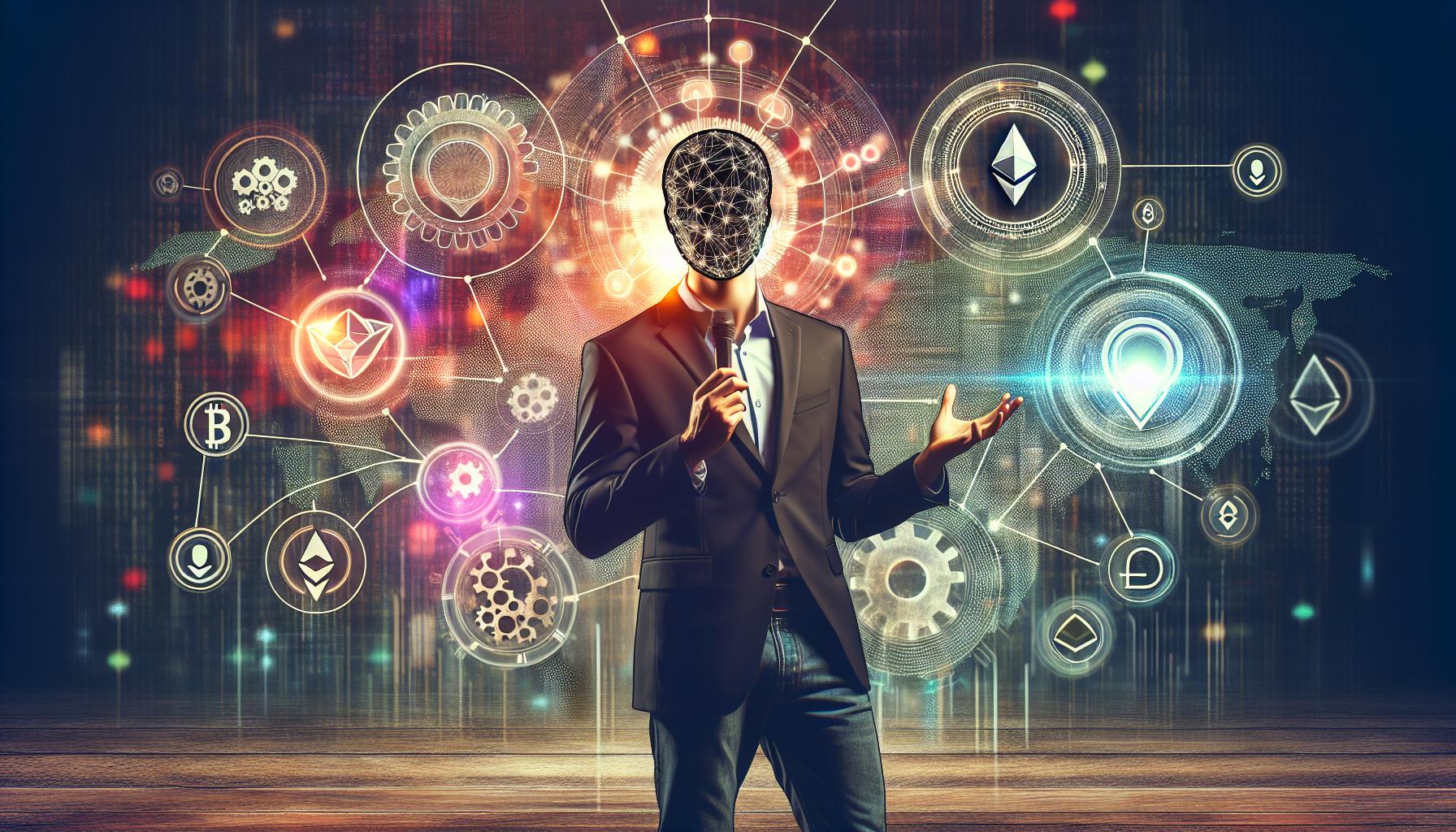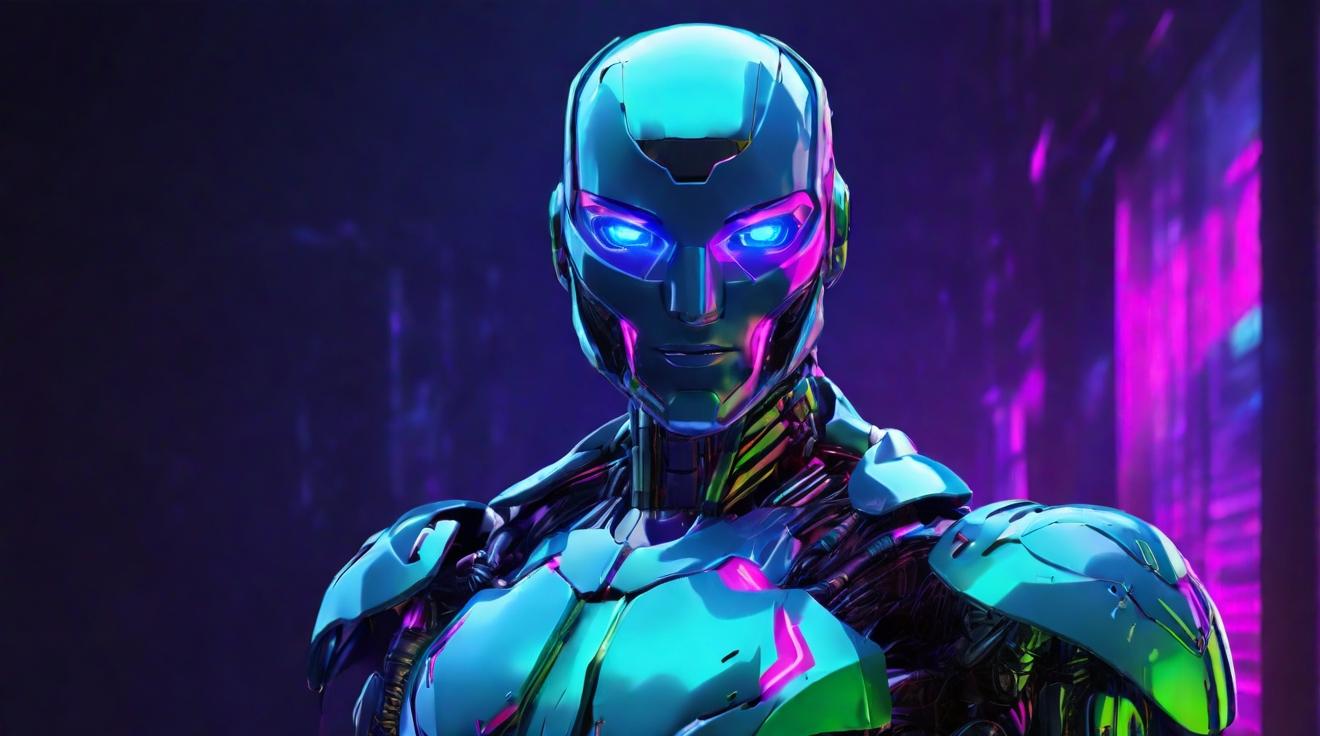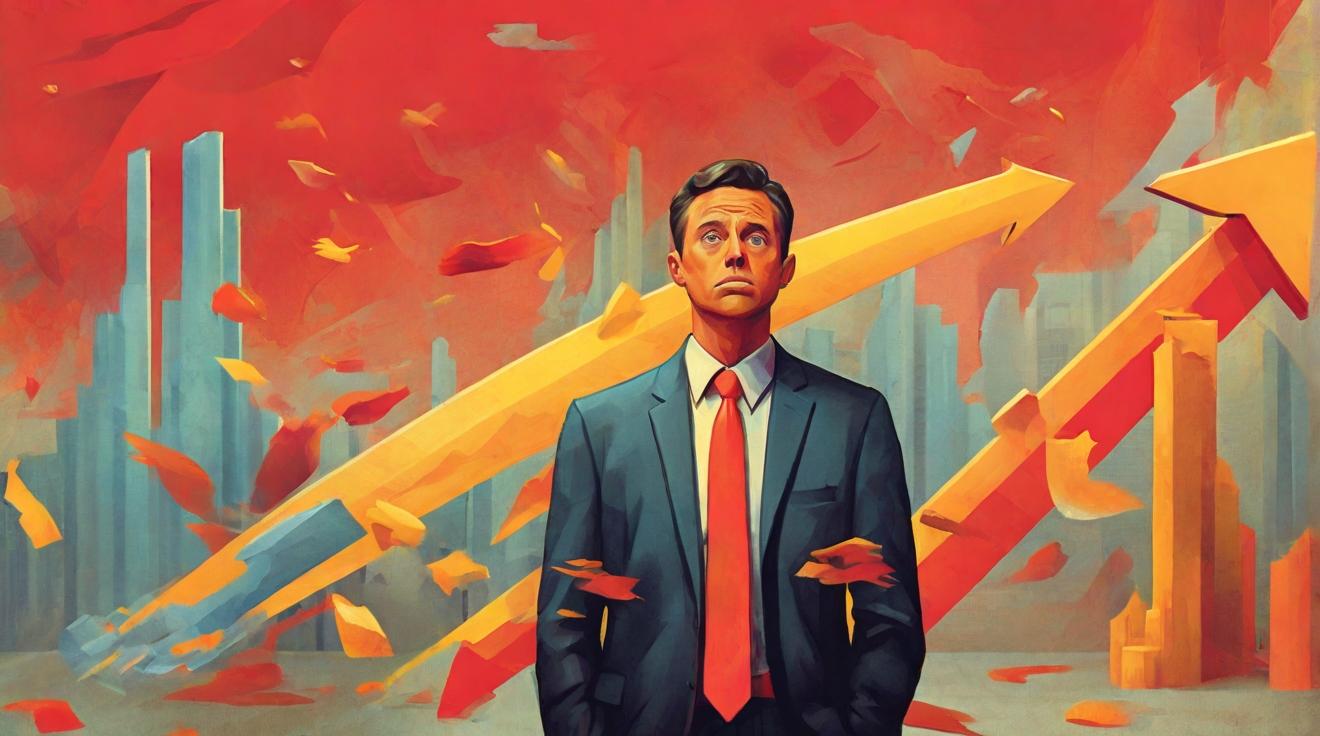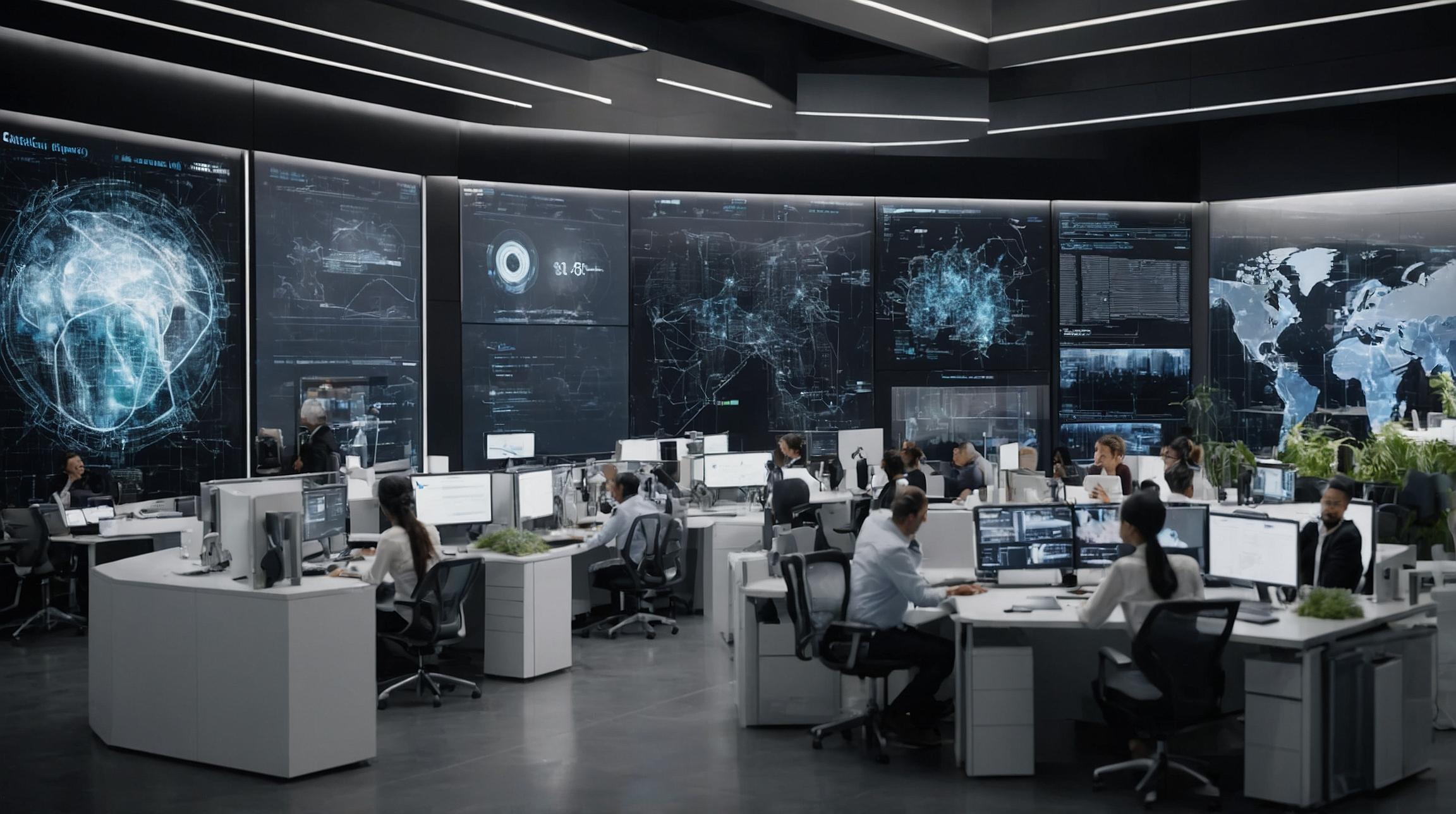AI and Crypto: Exploring the Intersection of Two Tech Trends
Ethereum founder Vitalik Buterin delves into the intersection between artificial intelligence (AI) and cryptocurrency in a recent blog post. Buterin believes that AI has the potential to play a meaningful role in the world of crypto, akin to being a player in a game.
He points to trading bots that have been using blockchain-based decentralized exchanges for years, earning money through arbitrage. According to Buterin, this is just one example of the real AI + crypto intersection that exists.
The Emergence of AI-Driven Prediction Markets
Buterin suggests that AI could find its place as players in prediction markets. He highlights AIOmen as a potential example, stating that AI bots with deep knowledge and the ability to bid for cheap could provide the liquidity that prediction markets have been lacking. With AI-driven smart contracts, these markets could witness a significant boost in activity and user engagement.
AI as an Interface for Crypto Users
AI could serve as an interface for crypto users, aiding them in understanding the complexities of the crypto world. Buterin cites MetaMask, a popular crypto wallet, as an example. MetaMask already uses AI-like software to warn users about potentially malicious websites or decentralized applications (dapps). Similarly, the Ethereum wallet Rabby wallet simulates the consequences of a transaction before users sign it, alerting them to potential scams. Buterin believes that AI could provide even richer explanations and insights into various dapps and transactions, enhancing user understanding.
The Risks of AI in Open-Source Wallets
While AI integration in open-source wallets can provide valuable protection and insights for users, it also poses risks. Buterin points out that nefarious actors can review the code of open-source wallets, potentially exploiting vulnerabilities and bypassing the wallet’s AI defenses. This security concern highlights the delicate balance between AI and open-source crypto environments. Striking the right balance is crucial to protect users while still harnessing the benefits of AI.
AI as the Rules of the Game: Challenges and Potential Attacks
Using AI as the “rules of a game” in crypto, such as employing AI judges or leveraging AI for subjective decision-making in smart contracts or decentralized autonomous organizations (DAOs), presents challenges. Buterin warns that attackers can optimize attacks to trick AI models, potentially undermining the integrity of the system. The open-source nature of crypto further complicates this scenario, as attackers can review the AI’s code and devise attacks that fool the AI. While zero-knowledge proofs could offer some protection, they come with increased computational intensity and the risk of poisoning attacks.
Piecing Together a Trustworthy Black-Box AI
Buterin concludes his exploration of AI in crypto by expressing his hope for the emergence of a “trustworthy black-box AI.” If developers can achieve this, the possibilities for AI in various industries, not just within blockchain, could expand significantly. This exploration of AI’s potential applications in the crypto space is ongoing, and Buterin looks forward to seeing more attempts at constructive use cases to determine which ones are truly viable at scale.
Analyst comment
Positive news: The potential role of AI within cryptocurrency is explored by Ethereum founder Vitalik Buterin. AI could enhance trading through trading bots, provide liquidity to prediction markets, and aid crypto users in understanding the complexities of the crypto world. However, there are risks with AI integration in open-source wallets and challenges in using AI as the “rules of the game” in crypto. Buterin hopes for the emergence of a trustworthy black-box AI to expand AI’s possibilities in various industries, including blockchain.













